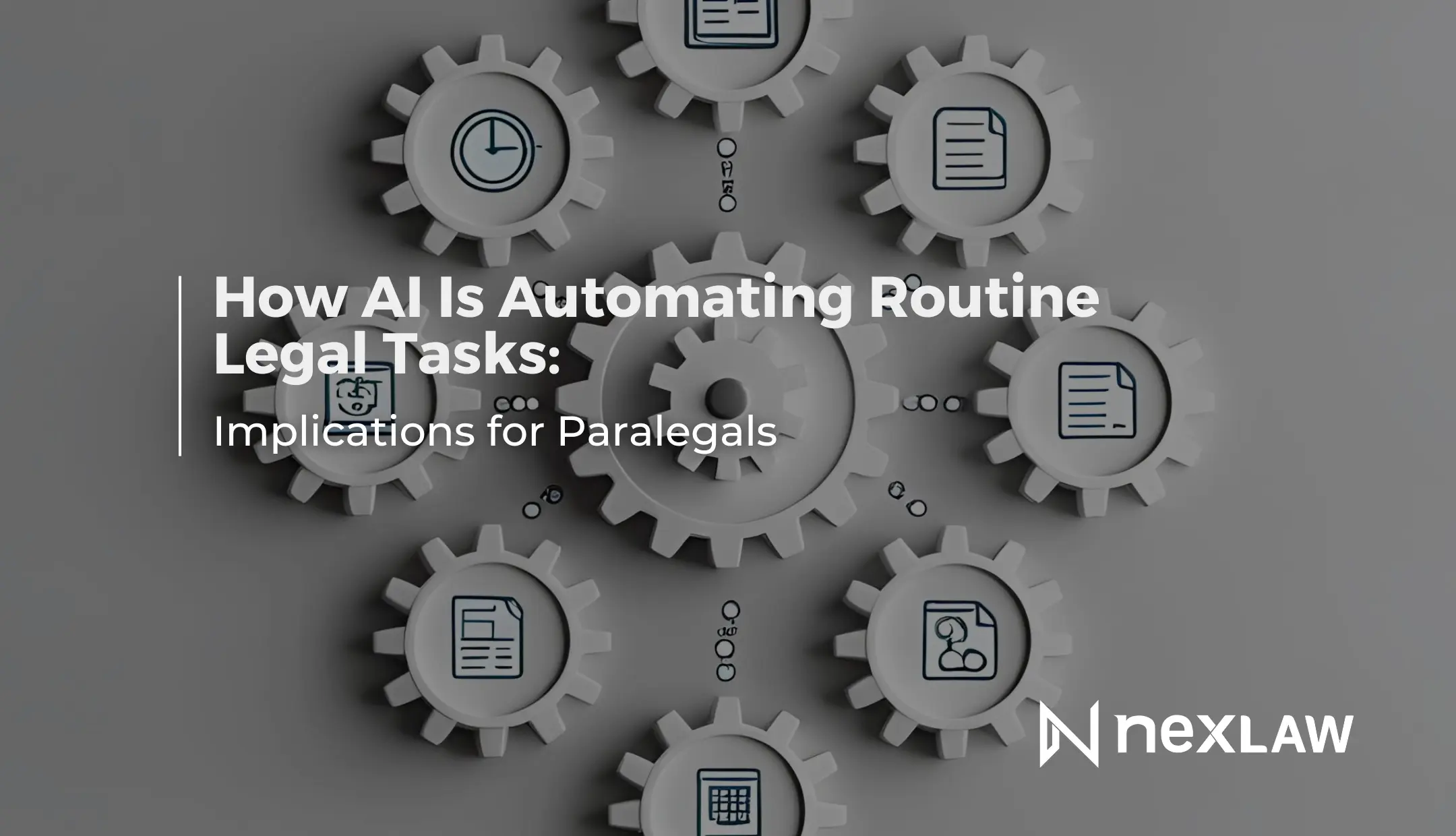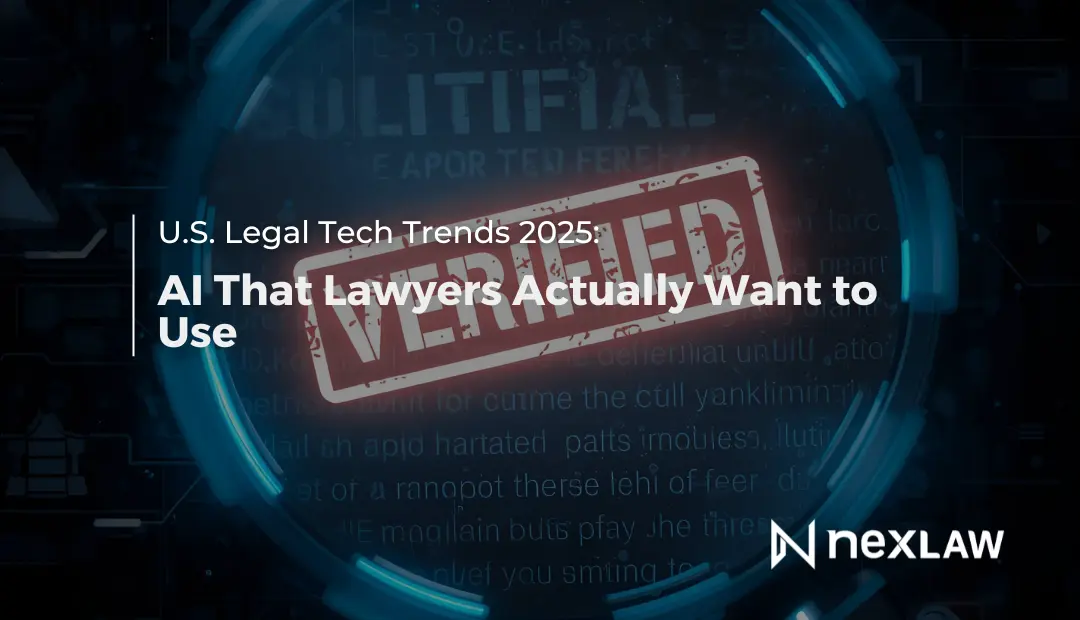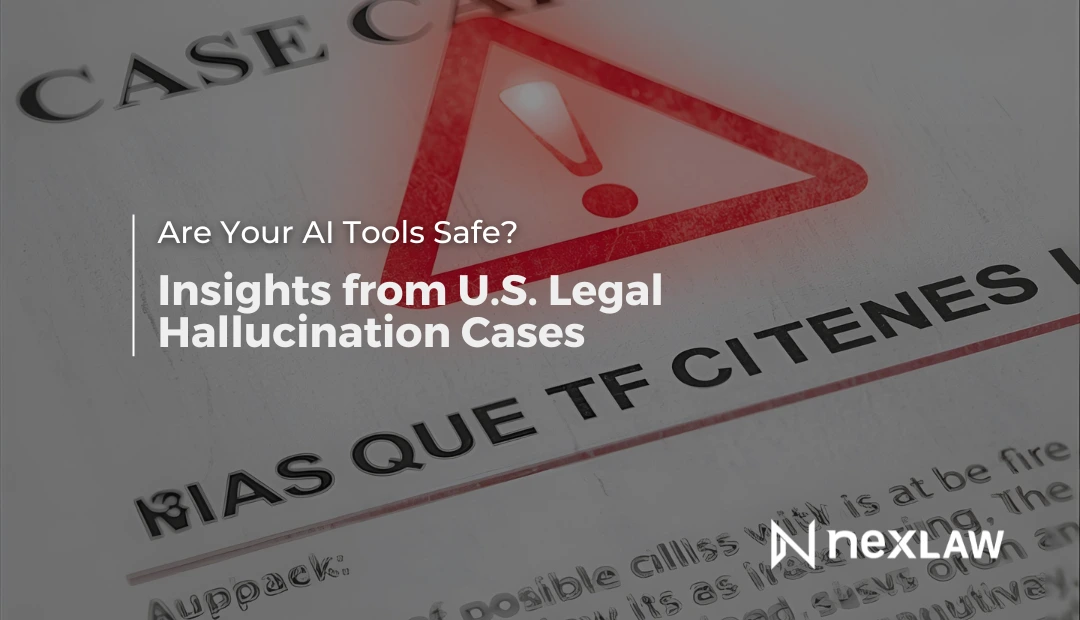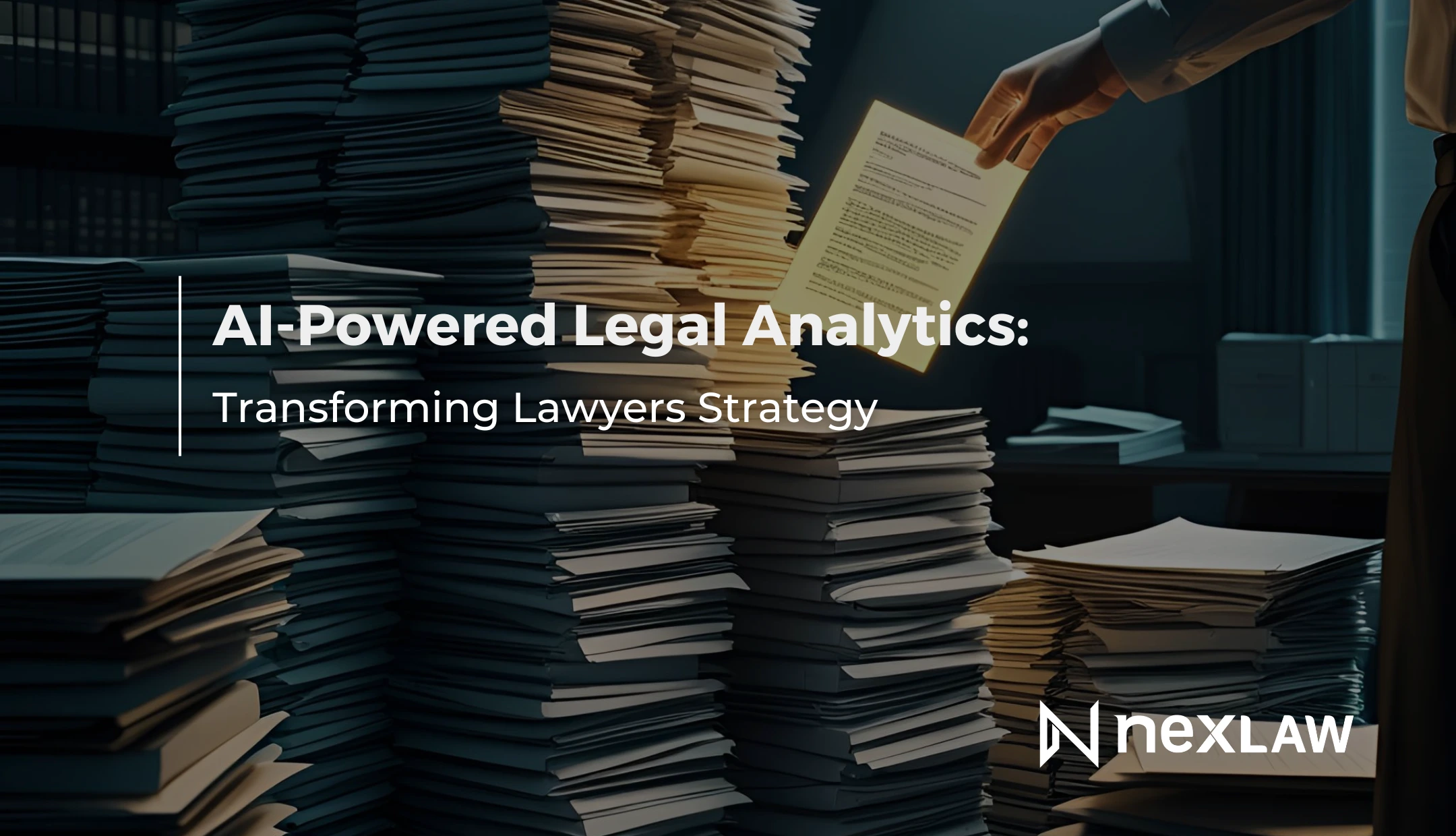How AI Is Automating Routine Legal Tasks: Implications for Paralegals
The Rise of Automation in Legal Services
The legal industry is undergoing a quiet revolution. Tasks that once demanded hours of manual labor by paralegals, junior associates, and legal assistants are now being streamlined through artificial intelligence. From document review to timekeeping, AI is automating routine legal tasks and shifting the role of legal professionals toward higher-value work.
Unlock Legal Insights Instantly!
While AI will not replace legal professionals, it is fundamentally changing how they operate. Understanding this shift is essential for paralegals and attorneys looking to stay relevant in an increasingly tech-driven field.
Common Legal Tasks AI Is Already Handling
-
Document Review and Summarization
Traditionally, document review is one of the most labor-intensive parts of litigation and due diligence. AI tools can now sift through thousands of pages in a matter of minutes, flagging relevant clauses, extracting entities, and summarizing findings. This means paralegals can focus on analysis rather than basic sorting.
-
Legal Research Assistance
Instead of spending hours on databases and digging through case law, AI-driven research tools can surface relevant precedents, statutes, and legal commentary based on natural language queries. These systems learn over time and become increasingly accurate and context-aware.
-
Contract Analysis and Management
AI can identify risky or unusual clauses in contracts, compare agreements, and help standardize legal language across documents. This makes contract lifecycle management far more efficient and lowers the risk of oversight.
-
E-Discovery and Evidence Management
In large litigation matters, AI excels at finding relevant materials across large datasets. Algorithms are trained to recognize patterns and prioritize documents based on relevance. AI-powered e-discovery tools help teams handle terabytes of data while maintaining accuracy and compliance.
-
Timekeeping and Billing Automation
By analyzing email activity, calendar events, and document edits, AI can auto-generate time entries for legal professionals. This not only reduces the administrative burden but also improves accuracy in billing.
How Paralegals Benefit from Legal Automation
Far from replacing paralegals, AI actually augments their role. Here’s how:
- More Strategic Work: Automation eliminates the need to manually comb through documents, freeing time for paralegals to focus on argument preparation, client communications, or case strategy.
- Increased Accuracy: AI tools reduce human error by maintaining consistency in document handling, time tracking, and clause detection.
- Skill Development: With automation taking over repetitive work, paralegals are encouraged to develop higher-level skills in project management, legal analysis, and tech literacy.
- Scalability: AI allows legal teams to handle more clients or bigger cases without proportional increases in headcount.
Barriers to Adoption —and How Firms Are Overcoming Them
-
Trust in AI Recommendations
Many legal professionals remain skeptical of AI decisions. To overcome this, vendors are building explainability into their platforms —offering insight into how recommendations are generated.
-
Change Management
Integrating new tools into long-standing workflows can be disruptive. Successful firms implement gradual rollouts, comprehensive training, and clear policies on AI usage.
-
Ethical Considerations
Attorneys and paralegals must ensure that the AI they use aligns with ethical and regulatory standards. This includes validating sources, maintaining client confidentiality, and monitoring for algorithmic bias.
Real-World Adoption Trends
According to the 2025 Legal Tech Trends Report, over 67% of mid-sized law firms now use some form of legal automation—a figure that has doubled since 2022. Notably:
- Litigation support teams are increasingly using AI to assemble timelines and pull key facts from depositions.
- Corporate legal departments are deploying contract analysis platforms to manage large volumes of vendor agreements.
- Solo practitioners are turning to AI research tools to save time without needing large support teams.
These trends highlight that automation is no longer limited to large firms with deep tech budgets. It’s becoming an industry norm.
What the Future Holds for Legal Assistants
As AI becomes more accessible, paralegals will evolve into more strategic, tech-savvy roles. Job descriptions may shift to include responsibilities like:
- Managing AI workflows and systems
- Curating and tagging training data for better tool performance
- Reviewing AI outputs for accuracy and context
- Collaborating with attorneys to interpret findings
In many ways, the future paralegal is part legal assistant, part data analyst, and part tech coordinator.
Responsible Use and Skill Building
To thrive in this new era, legal professionals must:
- Stay updated on new tools and their capabilities
- Participate in continuing education around AI and automation
- Develop fluency in data handling and information security
Firms can support this by offering in-house training, mentorship opportunities, and incentives for embracing innovation.
Let AI Handle the Routine—You Focus on the Strategic
Routine legal work has evolved, and that’s a positive shift. By automating repetitive tasks, attorneys and paralegals can concentrate on higher-value work: critical thinking, persuasive advocacy, and client service.
With tools like ChronoVault 2.0, NeXa, and TrialPrep, NexLaw enables seamless automation across discovery, document review, and trial preparation helping your team move faster, maintain accuracy, and deliver better outcomes.
Start your free trial of NexLaw today and experience how smart legal automation can elevate your practice, from daily tasks to strategic victories.
Promo code: ANNIV15MONTHLY or ANNIV15ANNUALY – Get 15% off annual plans Offer valid until August 31, 2025.










